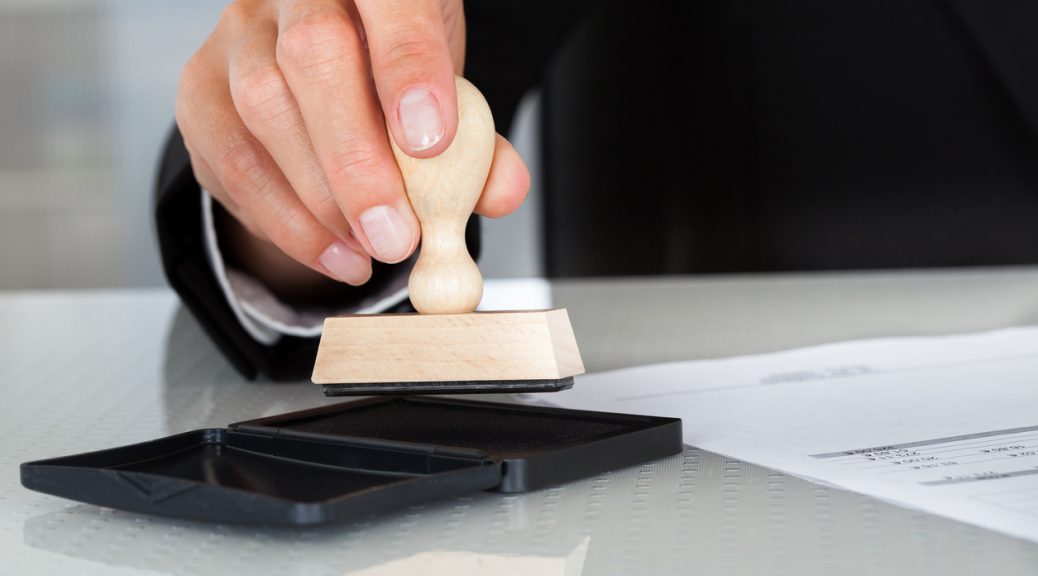The notary plays a critical role in the home-buying process. In fact, not everyone has a notary within reach. There are two ways to find one: by word of mouth or with a few clicks of the mouse.
You will especially feel the need to find a trustworthy notary when comes the time to draft the promise to purchase or complete the transfer of ownership. Yet, a notary can accomplish much more. He* can make your life easier.
If someone gives you the name of a notary, make sure his name appears on the Chambre des notaires du Québec (CNQ) roll. All you have to do is write the first and last name of the notary. If you are looking for a random notary offering his services in your neighbourhood, consult the CNQ referral service.
You should choose your notary wisely. Tell yourself that his duty is to protect you and your legal rights. As justly mentioned by the experts of the Canada Mortgage and Housing Corporation (CMHC): “the notary makes sure that the property you want to buy is free of any liens, charges and work or cleanup orders.” Always in your best interest, the notary will review all the documents related to your home purchase before you sign them.
Keep in mind that it is virtually impossible to change the content of a promise to purchase once you’ve signed it. It is at this moment that the notary’s expertise comes into play, namely before the signature, and not after.
The notary can save you from many unpleasant surprises, like the contraction of the contractor’s debts when buying a new home, the contraction of the selling owner’s mortgage debt, invalid documents, inaccurate understanding of the clauses within a couple who are buying a property together, etc.
Obviously, the notary does not only protect the buyer. He also protects the selling owner.
Generally, the moment you experience the great joy of becoming a homeowner, you will be standing in a notary’s office. The CMHC describes how the transaction will go: “Your lender gives the mortgage money to your notary. You give your down payment (minus the deposit) to your notary, along with the closing costs to cover legal fees, land transfer taxes and other costs. Your notary pays the seller, registers the home in your name and gives you the deed and keys to your new home.”
To find out more about the notary and his competences, you could always consult the website of the Association professionnelle des notaires du Québec.
*The masculine gender is used throughout this article for the sake of conciseness and is meant to be inclusive of both genders.
Image: iStock.com



